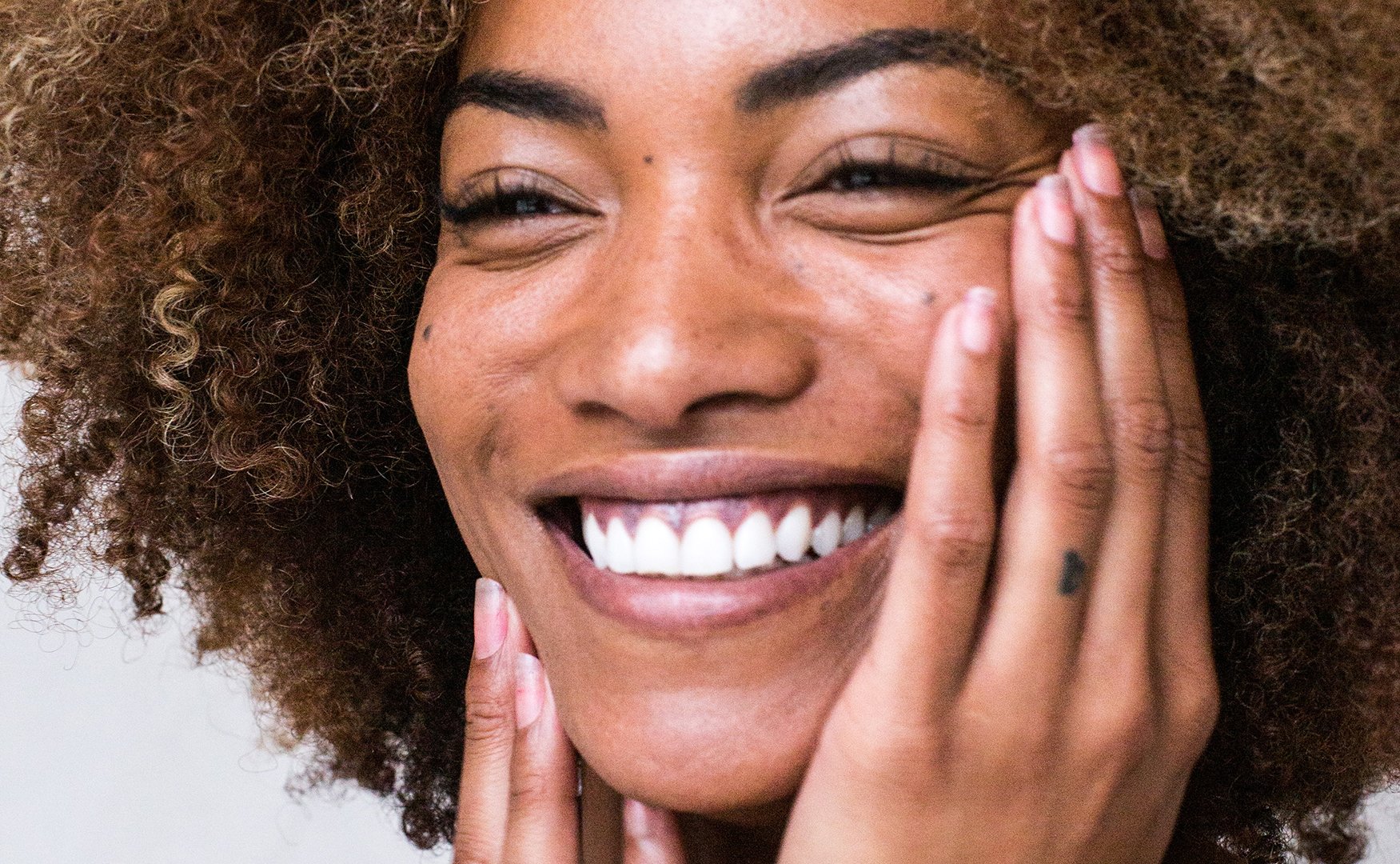
If I asked you the question: “do you care about yourself?” - your answer will likely be yes. If I asked you the question: “do you take care of yourself?” - your answer may be a bit different.
When it comes to “self-care”, there are many different notions flying around about what that really means, especially in the digital age. When you factor in ‘self-care for sex worker and other NSFW content creators’, the definition gets even trickier to nail down.
This is a self-care guide for influencers, sex workers, OnlyFans creators, cam models, and voice actors engaged in creating content that is, in large part, NSFW.
The term “self-care” was added to Oxford Dictionaries in September of 2017, and the “official definition” for the term is “the practice of taking action to preserve or improve one’s own health”. An alternative definition is “the practice of taking an active role in protecting one’s own well-being and happiness.”
Both of these definitions can be open to interpretation, but both simplify it down to one main thought: do something that benefits your physical/emotional well-being. Most of us picture a bubble bath or a nice walk in the park, but self-care can be many different things. Most importantly, what you do for self-care can change depending on what part of yourself you’re attempting to care for.
Instagrammers, OnlyFans creators, Pornhub models, Youtubers...the ways you can exist and work online are seemingly infinite. Online content creation, social media marketing, and influencing have sky-rocketed in the last decade or so, and being a part of that can be incredible - but it’s also very time consuming, exhausting and stressful.
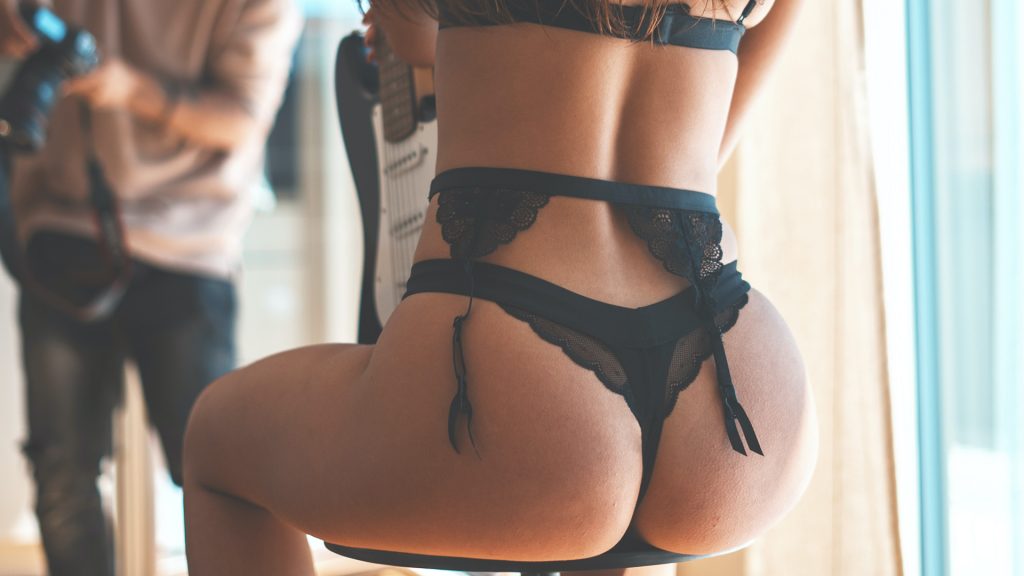
Whether you’re a porn star, cam model, OnlyFans creator, or a sex worker who meets most of your clients online before taking things IRL - the world of online sex work (and adult content creation) can be taxing, both emotionally and physically.
Before we even begin to mention creating any kind of content, simply existing online can take a toll on our mental health.
What some scientific communities are referring to as “The Facebook Effect” is this thing where you’re essentially bombarded online (through social outlets like Facebook, Instagram, Twitter, etc) with everyone else’s seemingly perfect lives. From beautiful Pinterest-style weddings to extravagant vacations to models posing at the gym - it seems like there is an endless supply of people to compare yourself to online.
According to Penn Medicine (Chester County Hospital), frequent Facebook users tend to have worse mental health than less-frequent or non-users. Additionally, social media users who have had negative interactions on these social sites have been shown to have higher levels of depression.
Then, we factor in the stress of creating content and keeping up with the times as a content creator…
As most influencers, brands or creators can attest to - it can be difficult to “stay relevant” online in times where things change and move so quickly and the need to consume content is so intense. Building a brand and maintaining that brand online can be something of a full-time job, in many ways. From actually creating whatever content you’re sharing to scheduling it across various social media platforms and staying engaged with your audience - it’s a lot for one person to keep up with.
You see it all the time, from vloggers to gamers to influencers - maintaining a well-kept social media presence and creating content can be exhausting, draining, and at times, suffocating. This isn’t to say it isn’t fun, rewarding, and incredible - it’s to say that there are downsides to nearly everything.
More and more, we’re seeing online content creators (even higher-up stars like PewDiePie and Elle Mills) speaking out against the mental health struggles of staying relevant and in-good-standing online. Taking any kind of break from your online presence will very likely mean that your numbers (your traffic, your engagement, your fanbase) will take a hit, but sometimes that’s what needs to happen in order to give yourself a moment to breathe.
The difficult thing, though, is that online stars like PewDiePie, for example, can take a month off and come back to a fan-base eagerly awaiting their return. When you’re a lower-level content creator or someone just starting out, you don’t feel as though you have that luxury. If you were to be absent from all your social media accounts for a month, there’s a good chance you would return to a massive hit in your follower count and have to work twice-as-hard to get back to where you left off. This makes “taking time off” seem nearly impossible.
Adding onto this actually maintaining any kind of social life (friends/family IRL)...
As I said, maintaining any kind of strong online presence can be incredibly demanding, and for many, it’s not just taking up the time of a full-time job, but it IS their full-time job. Social media marketing and influencers aren’t as rare as they used to be - many people make their living vlogging on Youtube, sharing content on OnlyFans, creating Tiktoks, or collaborating with brands on Instagram.

Actually making time for your family and friends outside of the online world can be difficult, especially when many of them are wrapped up in the same endless cycle that you are.
Then...there’s the judgment over creating NSFW content.
Lastly, if you’re an NSFW content creator (of any kind), you will likely deal with nasty comments or outside judgment from peers or family members about what you do. While ideally, this wouldn’t be the case, when it comes to sex, opinions can be polarizing and very, very intense. If you’re an OnlyFans creator, a Pornhub or cam model, or sex worker, there is a very good chance you’ve either kept what you do a secret or had to deal with the backlash of it from people who don’t agree (and feel the need to share their opinions loudly and without thought of how their words can impact you).
So...where are we now?
We’re buried. We’re buried under a pile of stress from content creating to promoting to maintaining a healthy balance of all of this. So many of us spend our lives scrolling social media, trying to find the perfect angle for that selfie, trying to edit a video to be in time with the background music, trying to find just the right collaboration to boost our following...and while it’s easy to say “just take a break” - for so many of us, this is our livelihood. “Taking a break” could very well mean taking a pay cut, it could mean not being able to make your rent payment, it could mean losing something we’re passionate about and that we’ve worked hard for.
Being an online social media presence takes a lot of work - as I said, for many, it’s a job in itself. Getting lost in this online world of marketing, promoting, influencing, and/or sex work can be taxing - and you need to maintain healthy boundaries to prevent things like burnout.

What is burnout?
Burnout is defined as the loss of meaning in one’s work, cooped with mental, emotional, and/or physical exhaustion (typically as the result of long-term stress). While online work may look easy to some, those who are in it understand that it can be high-stress, low-reward for long periods of time.
Some of the general symptoms of burnout can include things like:
Typically, there are five “stages” of burnout:
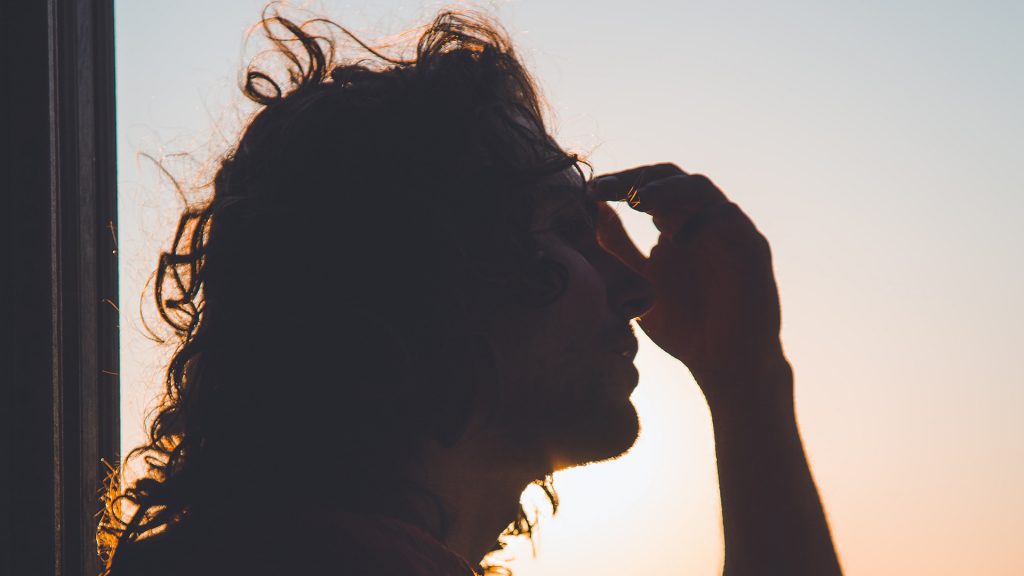
If you’re a content creator, let me ask you - does any of this sound familiar? I’m willing to wager that it does. As a sex writer, social media gal, and erotic romance author, I see many of these symptoms in the past two years of my life. In speaking with other content creators, I’ve noticed they see some of these signs, too.
In a world where content streaming and consumption are at nearly-impossible-to-keep-up-with levels, the people making that content are extremely prone to experiencing extreme highs (the success, traffic, pay-off that comes with succeeding) and the extreme lows (the mental and physical toll it takes to stay relevant).
So...how on earth does someone stay mentally healthy in the age of constant movement online? How do you balance your job, your livelihood, and your passions with staying healthy, vibrant, and happy IRL?

If you’re someone who works as an OnlyFans model, Pornhub model, voice actor, influencer, etc - some of these tips could prevent you from experiencing burnout.
Upload on a consistent (and manageable) schedule.
Creating a schedule of when you upload content can not only help your fans find you and stay tuned in to what you’re putting out there, but it can also help you balance your own agenda better. This schedule should be small to start off, leaving room for growth when (and if) you feel you have the current schedule down without any problems. Perhaps uploading once per day (and scheduling old content to be re-shared in between) can allow you to still get new and relevant content out there but not put so much stress on yourself to stay on top of things all the time.
On the topic of “scheduling” - using social media scheduling tools is going to be a lifesaver! Platforms such as Crowdfire and Hootesuite make it really easy to schedule content to be shared across several social media platforms (from Facebook and Instagram to Twitter and even more professional sites like LinkedIn). This frees up your time for some self-care and also gives you more time to focus on platforms that can’t be scheduled (such as OnlyFans or Snapchat, for example).
Be real and authentic with your audience - if you need a break or are taking the day off - tell them!
One of the best things I ever did was to announce to my Twitter friends that I was taking the day off to spend time with family. It was a random Tuesday in the summer. There was nothing special about the day and my workload was intense but not unmanageable. I just decided I needed one social-media free day (which we all do, I think, at some points) - and I was so surprised to come back the next morning to comments (lots of them) about how I should enjoy my time off and that I deserve a break, etc.
If you’re authentic and genuine with your fans, they understand when you act human and say “hey, I’m overwhelmed and could use a break!”
Don’t accept new opportunities if your plate is already full.
Having a “full plate” when it comes to brand collaborations, new projects or exciting opportunities can seem impossible - how can you have “too much” of a good thing? Well, anyone who has eaten too much takeout can tell you, it’s entirely possible to have too much of a good thing. Saying “no” to new opportunities if you’re too busy (or dropping less favorable ones in order to take on the new projects) is an important skill to develop, especially as a freelance or self-employed artist or creator.

Be realistic with your time - remember: “time is money", but it’s also your health.
While we’re hovering on the topic of freelancers and self-employed people, let’s talk about how much you’re actually earning (income-wise) from all the hustling you’re doing. One of the most important things to remember when being in charge of your own time and progress as a brand or business is that you have to think of your time as money. Only allow yourself as much (or maybe a smidge more, if you’re passionate about it) time for a project as what it’s actually earning you. Focus your energy where it needs to be and make your time/effort count for something.
Pouring your time and energy into something that doesn’t give you a good return-on-investment is definitely one of the quicker paths to burnout!
Take some time to unplug - try an hour a day without any screens!
This is along the same lines as “taking a day off when you need it” - but this time I want to focus more on really unplugging and being internet free, I would suggest for at least an hour per day. Take a walk outside without your phone, sit on the terrace and enjoy a coffee or even do some yard work if you’re still wanting to be productive. Having time away from your screen will help you reset and become much more productive when it’s time to switch back on.
Take care of your physical body.
While it’s always appropriate to try to eat right, exercise daily, and sleep well, these things are even more important when your job is demanding. While you may be spending a lot of your time posing for photos, making videos, or editing at your desk, it’s still physically taxing on you as a person. Take time out of your day to eat proper meals, go for a walk and unplug at a reasonable hour to get a good night’s sleep - you will be surprised at how much this impacts your productivity and energy levels.
Did you know that we often wake up feeling a little dehydrated? Certified diabetes educator Vandana R. Sheth explains in Women’s Health Magazine that we should wake up and drink one large glass of water every morning to avoid starting our day off on a wrong note!
Actual self-care is required.
Don’t just do things to maintain your cool, actually do things that help you relax. Ending each night with an episode of your favorite show or having a bubble bath after a long hard day can take the edge off and act as a kind of “reset” button. Change your whole outlook and do something for yourself.
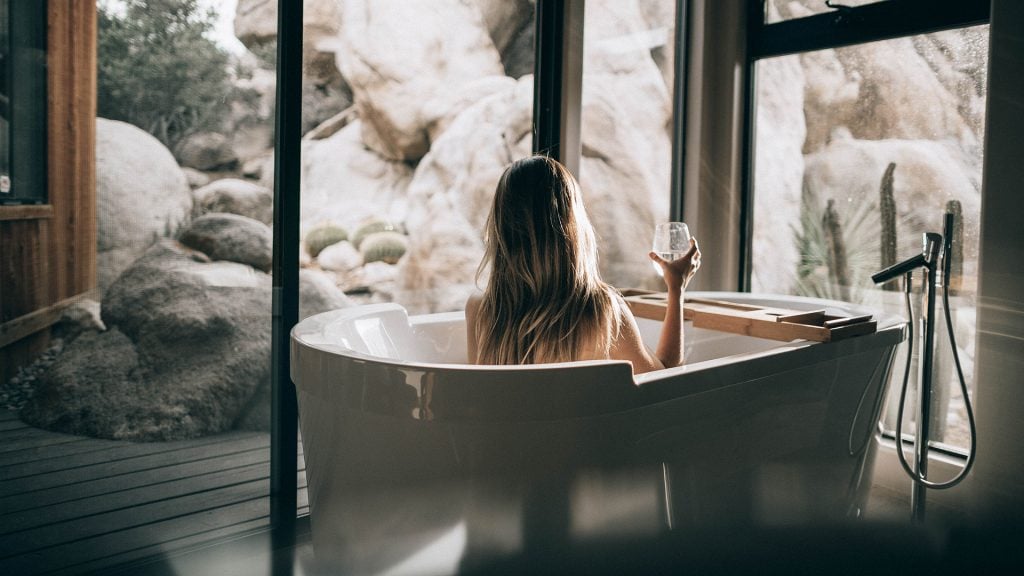
A face mask, a quick meditation, a workout, cooking, baking, going for a walk, playing with your pets or children - there are endless amounts of ways you can give yourself a little self-care throughout the day to keep you going.
Never forget the benefits of a good orgasm or two.
A giant part of my self-care routine, I have to admit, is masturbation. Orgasms prevent and release stress and boost your energy levels. There are so many great health benefits to orgasms, from boosting your immune system to putting you in a good mood. Sitting at your desk all day? Why not try a little edging before the big O. Trust me, it’s fun!
Connect with the people around you (you know, IRL, three-dimensional people).
When your whole job (and a lot of your time) revolves around maintaining relationships and partnerships online, it can be really easy to let IRL relationships slide. Make time for your spouse (a date night, perhaps), take your children to the park, meet your friend for lunch - do things that allow you to maintain a life outside your online job.
Make lists - lots of them. Meal planning, to-do lists, and gratitude journals are the best!
Lists help us in so many ways! From to-do lists to things you’re thankful for that day to meal planning for the week, there are lots of ways to keep your mind (and yourself) organized by making some lists.
Additionally, keeping a gratitude journal can actually promote positive interactions in your brain in the areas that control decision-making, metabolism, and hormone regulation. Don’t believe me? Check out this article!
Mental health awareness is key.
The most important thing to remember is that being aware of your emotional state is key to preventing it from becoming something it shouldn’t be. Checking in with yourself (having deep conversations with friends or talking with a therapist) can help you stay on top of your mental status and continually ask yourself “what can I do to improve my emotional state today?” Check out these symptoms of emotional exhaustion and be sure you’re checking in with yourself!
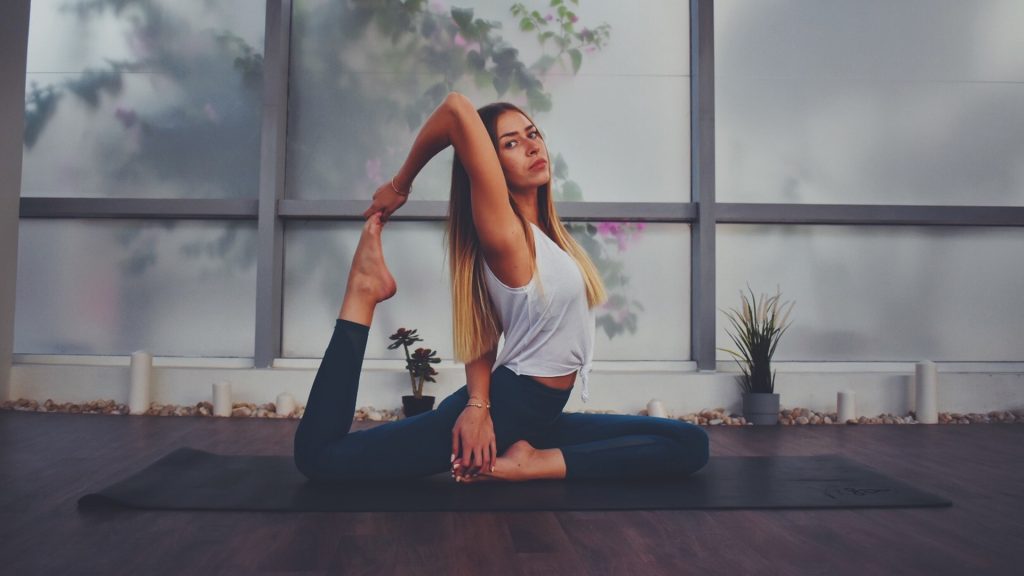
Ultimately, like many things in life, it’s all about striking a balance. The best way to stay emotionally, mentally, and physically healthy is having (and maintaining) a healthy balance of everything going on in your life, from work to home to what you hope to accomplish in the next year.
